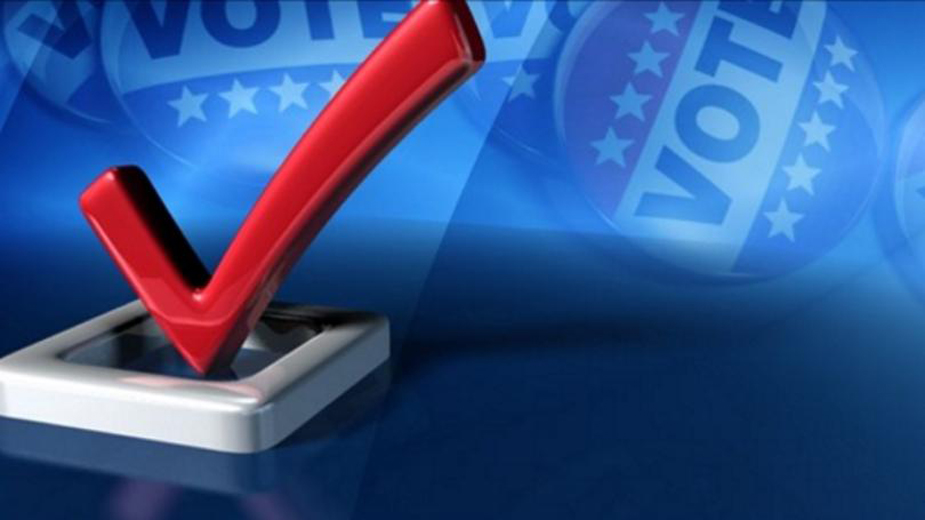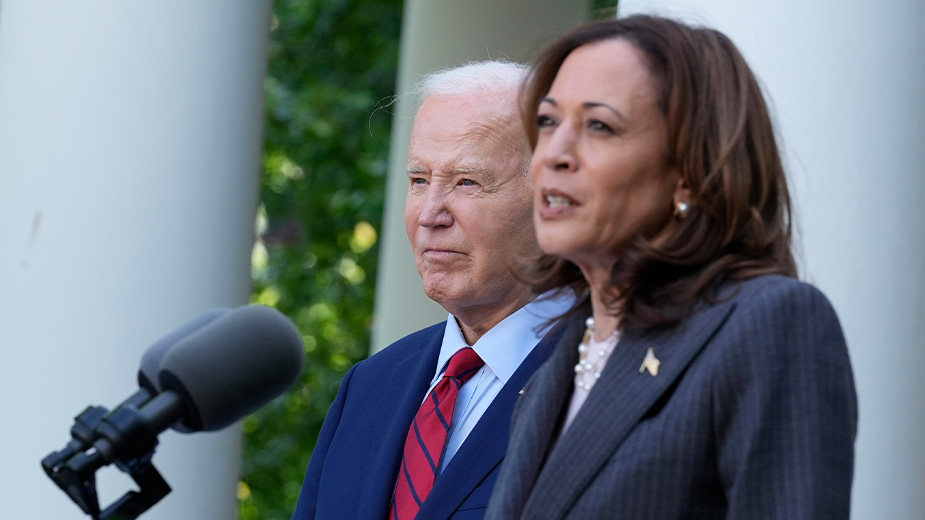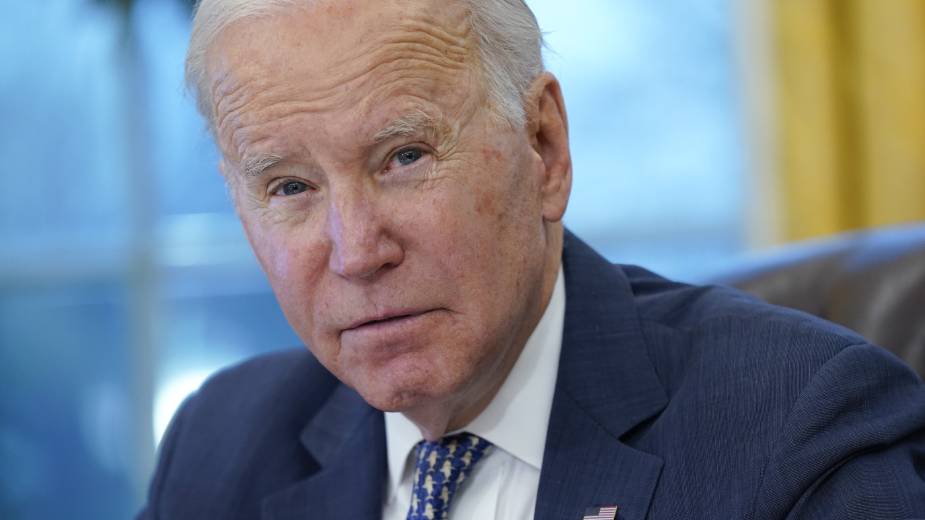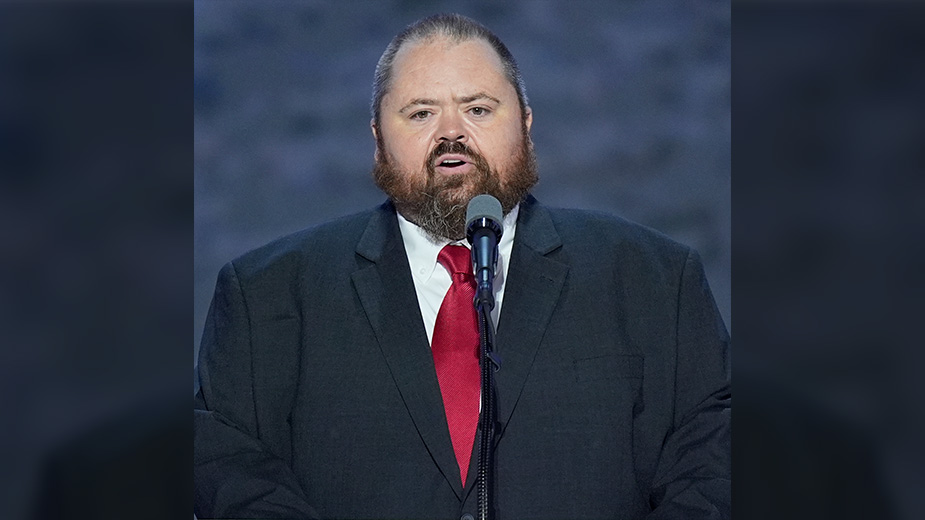State Health Director Orders Ohio Polls Closed
YOUNGSTOWN, Ohio – The director of the Ohio Department of Health would order polling places in Ohio closed as a health emergency, Gov. Mike DeWine said late Monday night.
The announcement followed a ruling by Franklin County Common Pleas Court Judge Richard Frye against a request to postpone the primary until June 2, as proposed during a Monday afternoon news conference featuring DeWine, Secretary of State Frank LaRose and Dr. Amy Acton, director of the Ohio Department of Health.
“During this time when we face an unprecedented public health crisis, to conduct an election tomorrow would force poll workers and voters to place themselves at an unacceptable health risk of contracting coronavirus,” DeWine said in a statement emailed shortly after 10 p.m.
“As such, Health Director Dr. Amy Acton will order the polls closed as a health emergency,” he continued. “While the polls will be closed tomorrow, Secretary of State Frank LaRose will seek a remedy through the courts to extend voting options so that every voter who wants to vote will be granted that opportunity.”
The statement from the governor brought clarity following hours of confusion, during which elections officials across Ohio awaited guidance regarding whether they were moving forward with Tuesday’s primary election.
Plaintiffs Judy Brockman and Jill Reardon filed the suit Monday to change the election date following the news conference, during which officials urged that individuals age 65 and older, as well as pregnant women and individuals with immuno-compromised systems, should avoid going out.
Guidance issued by the Centers for Disease Control and Prevention and the Ohio Department of Health over the weekend advised limiting gatherings of people to 50 or fewer, conditions under which the state officials felt they could not conduct in-person voting.
The officials advocated for changing the primary election date to June 2 and permitting mail-in ballots to continue until then so that members of vulnerable populations would not have to choose between preserving their health and exercising their constitutional rights. They also were concerned about poll workers, many of whom are over age 60.
“I’m very reluctant to undermine (state election law) and say, well, ‘We’ll have a judge in Columbus rewrite the election code, reset the election for some arbitrary date in the future and upset the apple cart in a terrible precedent,’ ” Frye said during a hearing on the request.
Frye suggested DeWine should have used his power to reconvene the Legislature to change the law instead.
Neither DeWine nor LaRose, both Republicans, has the power to postpone an election on his own understanding of Ohio law.
Moving the date to June 2 or to April 28 – a date recommended by the Ohio Democratic Party to conclude a mail-only election – presupposes that medical conditions in America will be better, Frye said.
“We have no medical evidence here today to suggest that will be the case,” he continued. On the contrary, his understanding of what has been presented by doctors in national media reports “suggests that it may be months” before the virus is under control. Whatever date is selected, the same hearing could take place the night before “because people are still getting sick” and in-person voting still presents a health risk, he said.
The judge considered that neither the plaintiffs nor the Secretary of State’s office proceeded in a timely manner, waiting until the night before the election to file, despite the coronavirus being a known issue for weeks, and the plaintiffs could have voted absentee in the weeks before the primary election day.
He also considered the arguments that it is the purview of the Ohio General Assembly to set the date for the primary election, and expressed concerns about voters being apprehensive that ballots already cast could be lost.
“There are too many factors to balance in this uncharted territory,” he said.
Following the ruling, DeWine and LaRose issued a joint statement:
“The only thing more important than a free and fair election is the health and safety of Ohioans. The Ohio Department of Health and the CDC have advised against anyone gathering in groups larger than 50 people, which will occur if the election goes forward. Additionally, Ohioans over 65 and those with certain health conditions have been advised to limit their nonessential contact with others, affecting their ability to vote or serve as poll workers. Logistically, under these extraordinary circumstances, it simply isn’t possible to hold an election tomorrow that will be considered legitimate by Ohioans. They mustn’t be forced to choose between their health and exercising their constitutional rights.”
The 11th hour maneuvering caused confusion: Some candidates had already brought lawsuits aimed at keeping the election on track, but boards of elections had begun alerting poll workers they could stay home before Frye ruled.
“I still don’t have anything from the secretary of state, one way or the other,” Stephanie Penrose, director of the Trumbull County Board of Elections said following the court hearing in Columbus.
Around 4 p.m., not long after the state officials’ news conference ended, she was still preparing to conduct the primary election in Trumbull County. She only learned about the plan to postpone the election from a poll worker who had called her Monday afternoon, a development she acknowledged surprised her.
Options for state officials could include an appeal in another court, she allowed.
“I need word from my boss – the Ohio Secretary of State — to know whether or not [the elections are] going on and what I’m doing. I’m at a loss,” she remarked. “I’m just as confused as the rest of the population of Ohio at this point.”
Likewise, Kim Fusco, director of the Columbiana County Board of Elections, was unaware of the state’s plans to move the election. She was informing poll workers of the development as they arrived to pick up their materials for the election.
Given the confusion, she voiced concern about being able to express confidence in the election. “I just hope that everything turns out great,” she remarked.
The plan to postpone the primary election received the full support of Ohio Republican Party Chairwoman Jane Timken.
“We fully support this recommendation, while knowing how difficult this will be on our candidates and their campaigns. We will work with all parties to assist in disseminating information on the new primary date and the new voting rules associated with this change,” she said in a news release.
“We are living in unprecedented times and tough decisions must be made,” she added in a later statement.
Her counterpart, Ohio Democratic Party Chairman David Pepper, said he supported the recommendation based on the conclusion by DeWine and Acton that the risk to voters, poll workers, volunteers and the public was too great to permit in-person voting as scheduled Tuesday.
“Extending an election is an unprecedented step, so we as a party are weighing alternatives on how to best do so — including the possibility to conduct the primary election entirely by vote-by-mail, as is done in several other states, with a deadline much earlier than June 2,” he continued. “This could better serve the interests of Ohio voters and the primary process that is already well underway, and we will consider offering those alternatives to the court once the case is filed.”
DeWine “has consistently made decisions based on the most current information available in the best interest of the safety and welfare of our residents.” Youngstown Mayor Jamael Tito Brown said in a statement. “We will make it through these difficult times,” he said.
Tom Zawistowski, president of the Tea Party-affiliated We the People Convention, called for DeWine’s immediate resignation. He called the governor’s action “unlawful and totally unacceptable” and urged county boards of elections to ignore it.
DeWine, he noted, acknowledged during his Monday news conference that he lacked the authority to cancel the election and is exercising power he admits he doesn’t have.
“He and his incompetent Health Director, Dr. Acton, provided not one shred of evidence in their announcement today as to why it was safe yesterday to vote but then it was suddenly not safe on Tuesday. The decision was totally arbitrary and clearly illegal. Judge Frye should order that he be arrested for defying the court and the Ohio Supreme Court should act as well to reign in this out-of-control [g]overnor,” Zawistowski said. “This is an impeachable offense and the Legislature should act immediately to remove him if he does not resign. This election must go on Tuesday.”
As the legal and political sparring took place, Monday also marked the final day of early voting.
In Trumbull County, 5,329 votes were cast at the board of elections offices, Penrose reported. The office mailed 3,912 regular absentee ballots, of which 3,146 have been returned, leaving about 700 out, she said.
Of the ballots, 7,232 Democratic Ballots were issued, 2,456 Republican, here libertarian and 35 issues-only ballots.
As of Monday afternoon, 2009 Columbiana County voters cast early ballots, including 982 cast at the board offices, Fusco said. A total 1,313 absentee ballots were mailed.
Mahoning County elections officials could not be reached.
Note: The Associated Press contributed to this report.
Copyright 2024 The Business Journal, Youngstown, Ohio.



